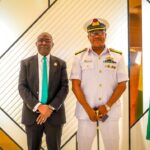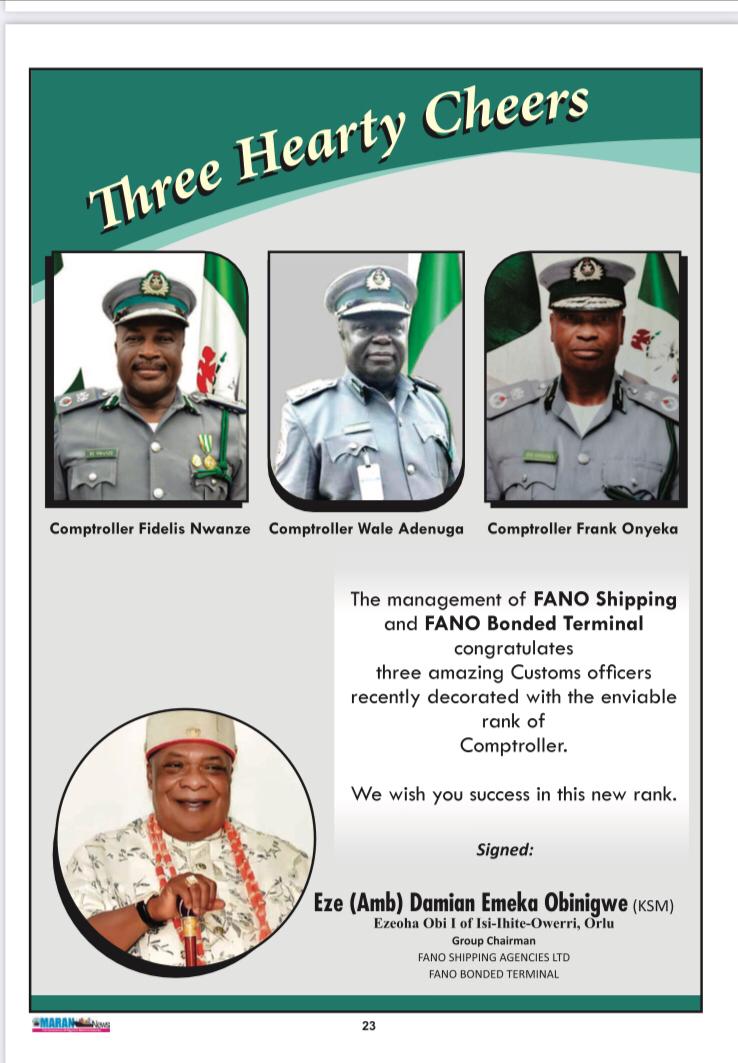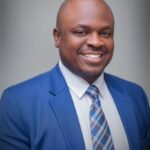The Corps Marshal, Federal Road Safety Corps (FRSC), Mr Shehu Mohammed, on Monday identified cutting of corners by driving schools among the significant gaps in road safety, urging collective efforts to bridge the gaps – NAN
Mohammed identified the gaps at the 2025 edition of the Driving School Standardisation Programme (DSSP) Annual Proprietors and Instructors Workshop, in Lagos.
He was represented by the Deputy Corps Marshal in charge of Training, Mr Chidiebere Nkwonta.
The workshop had the theme: ‘Entrenching Highway Safety in Nigeria through Standardised Drivers and Riders Training’.
Mohammed listed the other challenges to include prioritising profit over safety, infrastructure deficits and inadequate compliance with regulations.
He said that driving schools remained the first point of contact for would-be drivers in the culture of road safety.
Mohammed said that it was, therefore, critical that all driving school proprietors and instructors should recognise the sacredness of their roles in nation-building.
He hoped that the workshop would provide an opportunity to collectively address the gaps, noting that the lecture topics were designed to challenge assumptions, broaden perspectives and inspire a collective action.
“Our DSSP was established as a comprehensive framework to improve the quality, uniformity and integrity of driver training nationwide.
“Since its inception, we have witnessed significant progress through improved training curricula, adoption of driving simulators in approved schools, increased compliance with minimum operational standards, and more structured and credible licensing process.
“Let us commit to building driving schools that produce competent, courteous and conscious drivers and riders. Let us see ourselves as critical enablers of national growth, public health and social harmony,” he said.
The Lagos State Commissioner for Transportation, Mr Oluwaseun Osiyemi, said that standardised training, uniform quality control measures and continuous capacity development for instructors would ensure road safety, economic opportunities and protection of human life.
Osiyemi was represented by Alhaja Afusat Tiamiyu, General Manager, Lagos State Drivers Institute.
“Let me acknowledge the vision behind selecting lecture topics.
“These topics capture the multi-dimensional nature of our challenge and the interconnectivity between driver training, economic growth and safety regulation.
“I am particularly pleased with the decision to dedicate an entire day to a technical session focused on deepening the understanding between operators and regulators,” he said.
The commissioner said that misunderstandings and misalignments had, for too long, undermined the goals shared by the operators and regulators.
“It is only through dialogue, empathy and shared responsibility that we can overcome regulatory bottlenecks, administrative inertia and operational inefficiencies,” he said.
Corps Commander Ann Oladayo-Odeleye, the Acting Commanding Officer, Zone 2 (Lagos and Ogun states), said that an untrained driver would be a ‘crash waiting to happen’ while a properly-trained driver would be a lifesaver.
Oladayo-Odeleye said the theme of the workshop highlighted the pivotal role of certified driving schools in shaping competent and safety-conscious road users.
“ This year’s programme taking place across eight centres nationwide is a reflection of FRSC’s dogged resolve to reduce road crashes and fatalities by anchoring driver and rider training on internationally-recognised standards,” she said.
She said that the programme had been structured to foster meaningful dialogue between driving school proprietors, instructors and regulatory bodies.
She urged the participants to seize the opportunity to learn, network and share experiences.
The Controller-General, Nigeria Correctional Service, , Lagos State Command, Mr Daramola George, urged the participants to note that the last bus stops for offenders were correctional centres, urging them to comply with safety rules.
the Lagos State Chairman, National Union of Road Transport Workers, Alhaji Mustapha Sergio, called on driving schools to produce professional drivers who must be of age, understand traffic rules, and put other road users into consideration.
















